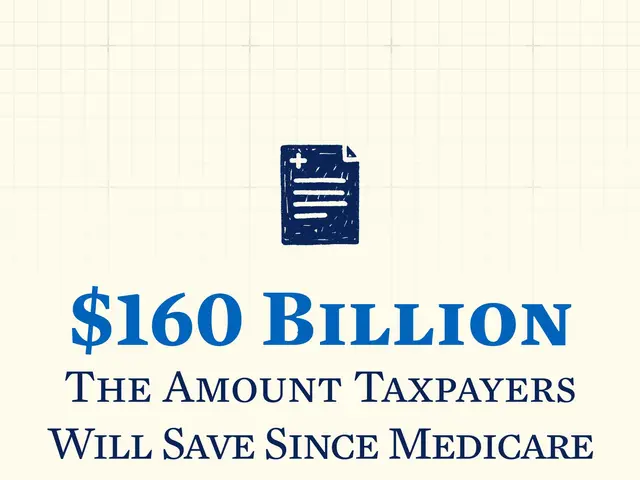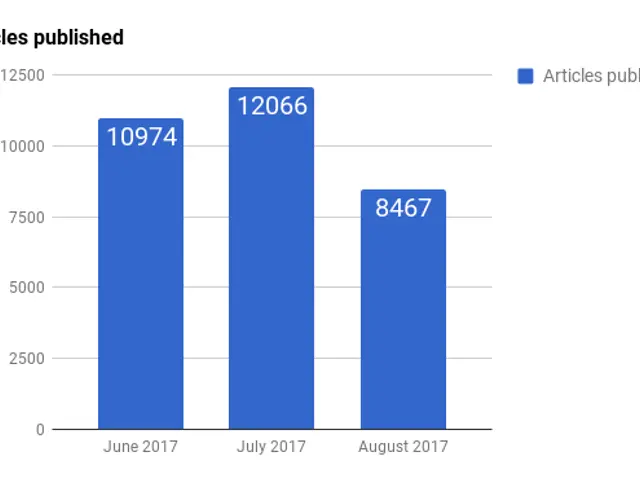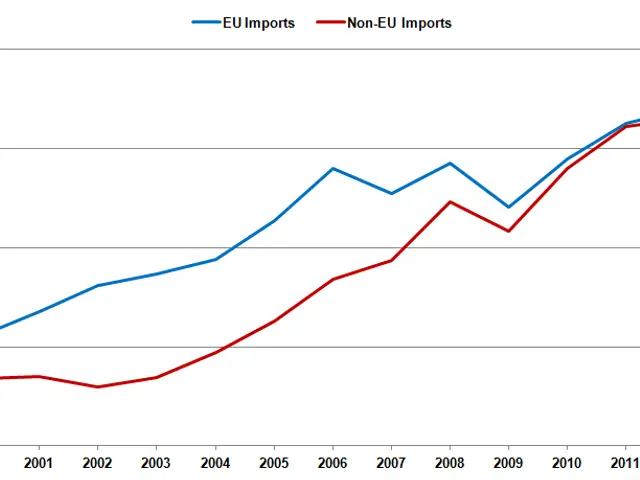Following the victory of the Canadian election, future plans for Liberal leader Mark Carney are under scrutiny.
In a surprising turn of events, Mark Carney, who lacked a parliamentary seat just months ago, has been installed as Canada's prime minister, a role he assumed for nine days before calling an early election, thanks in part to former U.S. President Donald Trump's economic and political actions.
A Harvard, Oxford, and Goldman Sachs alumnus, Carney led Canada's Liberal Party to victory in the 2025 federal election. His political ascension, described by The Times as a "Lazarus act," occurred under the shadow of Trump's threats to impose crippling tariffs on Canada and annex it as the 51st state.
Carney strategically framed his campaign around these threats, resonating with Canadians' growing discontent and solidifying his position as a global anti-Trump figure. The Financial Times suggests that this tactic could lead to a backlash against nationalist populists in other countries.
In the month that Justin Trudeau, then prime minister, resigned after nearly a decade in office, the Liberal Party was trailing the Conservatives by 26 points. However, the Conservatives' leader, Pierre Poilievre, has since lost his seat in the general election, while the Liberals, despite facing criticism over their failure to boost the economy, build homes, and avoid scandal, have emerged victorious.
Trump's unpopularity and provocative threats towards Canadian sovereignty were a game-changer, according to The Guardian's analysis. The election results have led to a tight balance of power, with the Liberals securing 169 seats in the 343-seat parliament. Carney will need to collaborate with three members from smaller parties to pass his policies.
Carney's primary challenges include renegotiating a new economic and security pact with Trump and ending Canada's economic dependence on the U.S. by forging trade deals with Europe and Asia. His success will depend on a delicate combination of inducements and retaliation threats.
Voters did not elect Carney for his charisma or political acumen, but rather for his perceived ability to protect Canada from Trump. However, his political inexperience, massive ego, and lack of original ideas have raised questions about his ability to lead effectively[1][2].
Canada's political landscape remains uncertain, with another minority government in place and a solid Conservative opposition outside parliament, led by the current losing candidate, Pierre Poilievre[2]. The aftermath of the election is yet to unfold[3].
[1] Financial Times (2025, September 25). The Times: Canada's surprise election victory. https://www.ft.com/content/bca577fa-26eb-401c-8bb7-293c964db7e4[2] The Spectator (2025, September 25). The Spectator: Mark Carney's political inexperience. https://www.spectator.co.uk/article/mark-carneys-political-inexperience[3] The Guardian (2025, September 25). Donald Trump's influence on Canada's election. https://www.theguardian.com/world/2025/sep/25/donald-trump-influence-canada-election-mark-carney[4] The Economist (2025, September 25). The Economist: Mark Carney, Canada's unexpected leader. https://www.economist.com/politics/2025/09/25/mark-carney-canadas-unexpected-leader[5] BBC News (2025, September 25). Canada election: Mark Carney wins decisive victory. https://www.bbc.com/news/world-us-canada-63516552
- Mark Carney, the new prime minister of Canada, has a challenging task ahead as he aims to renegotiate economic and security pacts with Donald Trump, partially due to Trump's tariff threats.
- Carney's tactics during the election, in which he positioned himself as a global anti-Trump figure, could potentially influence similar movements in other countries against nationalist populists.
- The Liberal Party, led by Carney, won the 2025 federal election with a focus on addressing Trump's economic and political actions.
- The Financial Times suggests that Carney's election victory could impact the political landscape in other countries.
- Despite criticism about the Liberal Party's performance on economic growth, home building, and avoiding scandals, they have yet to see their policies pass, as they'll need to collaborate with three members from smaller parties.
- Carney's lack of charisma, political acumen, and original ideas has raised concerns about his leadership abilities.
- Canada's political landscape remains uncertain, with a minority government and a solid opposition outside parliament led by Pierre Poilievre, the losing candidate in the election.
- The election results came under the shadow of Trump's threats to annex Canada as the 51st state.
- In the course of a month, Justin Trudeau resigned as prime minister, and the Liberal Party narrowly trailed the Conservatives.
- Voters primarily supported Carney due to his perceived ability to protect Canada from Trump's threats.
- The Guardian attributes Canada's election results to Donald Trump's influence.
- Carney must also focus on reducing Canada's economic dependence on the United States by establishing trade deals with Europe and Asia.
- The Economist recently published an article titled "Mark Carney, Canada's unexpected leader."
- During the nine days that Carney served as prime minister before calling an early election, he faced questions about his political inexperience and massive ego.
- Various media outlets, such as The Times, The Guardian, The Spectator, and the BBC, have reported extensively on Mark Carney's election victory and the impact it could have on Canada's future policies.
- With the recent election, Canadians can expect a change in the country's economic and foreign policies, particularly in relation to the United States, along with changes in sports-betting regulations given Carney's connection to sports organizations like the WNBA, MLB, NHL, NBA, golf, tennis, and auto racing.








